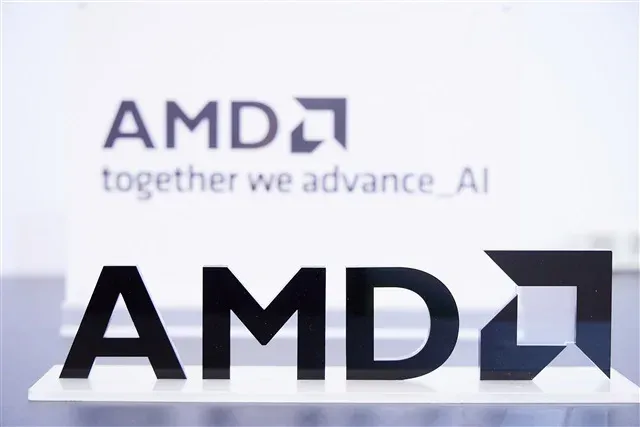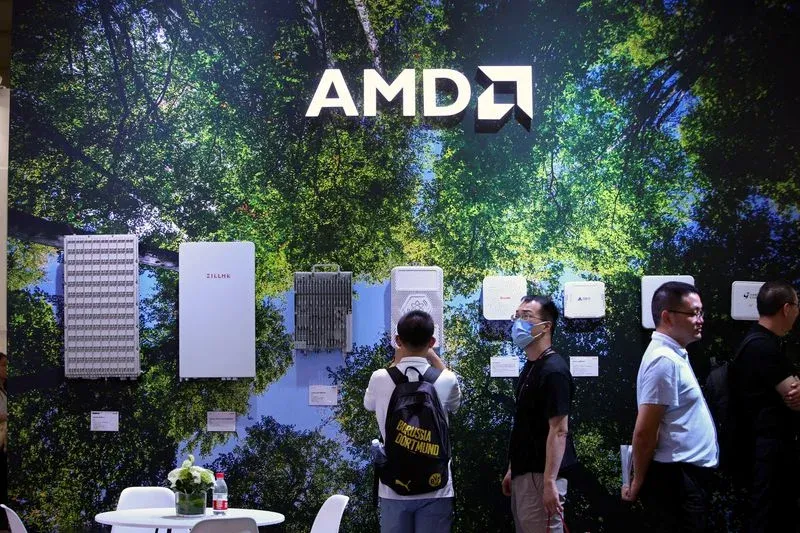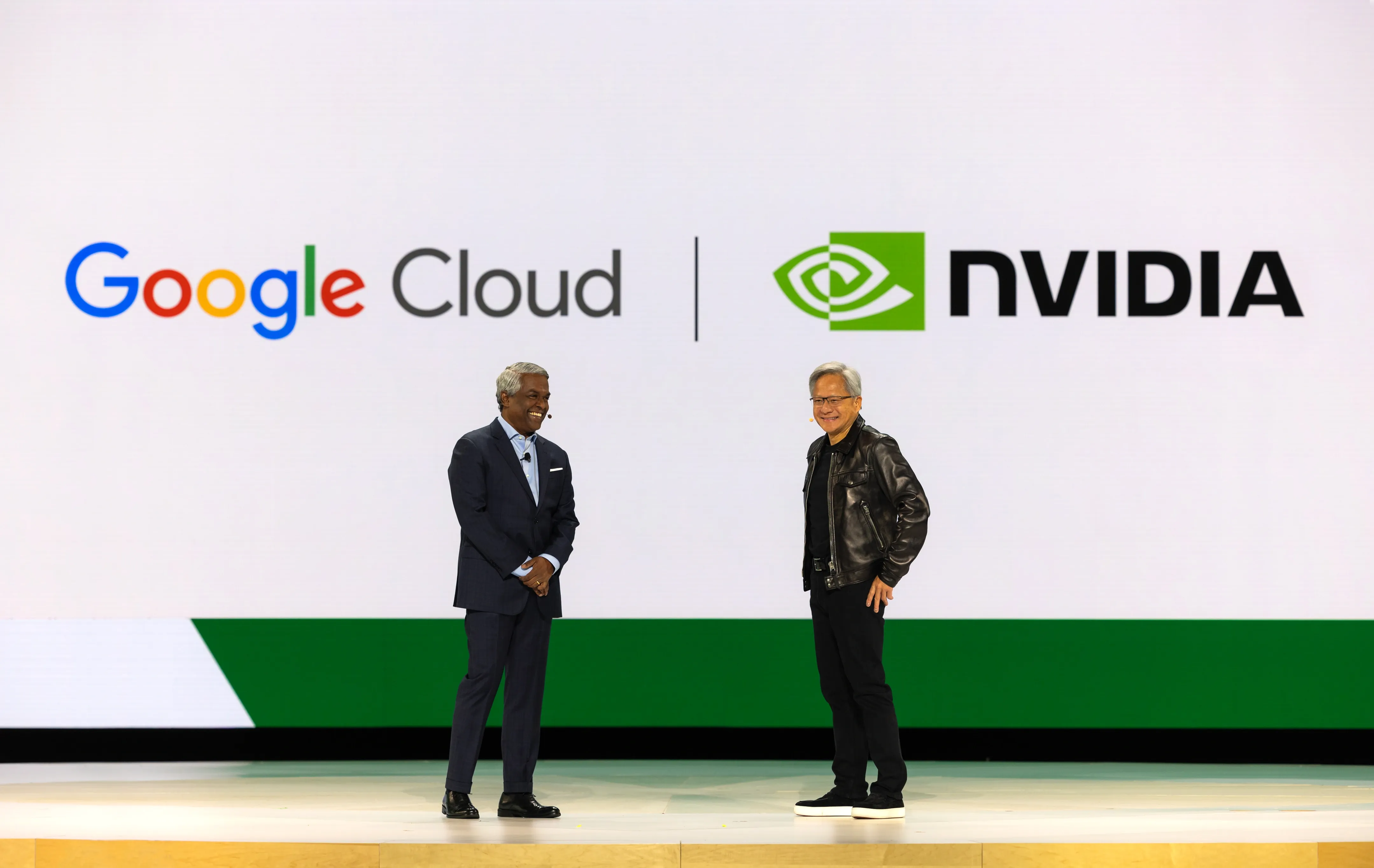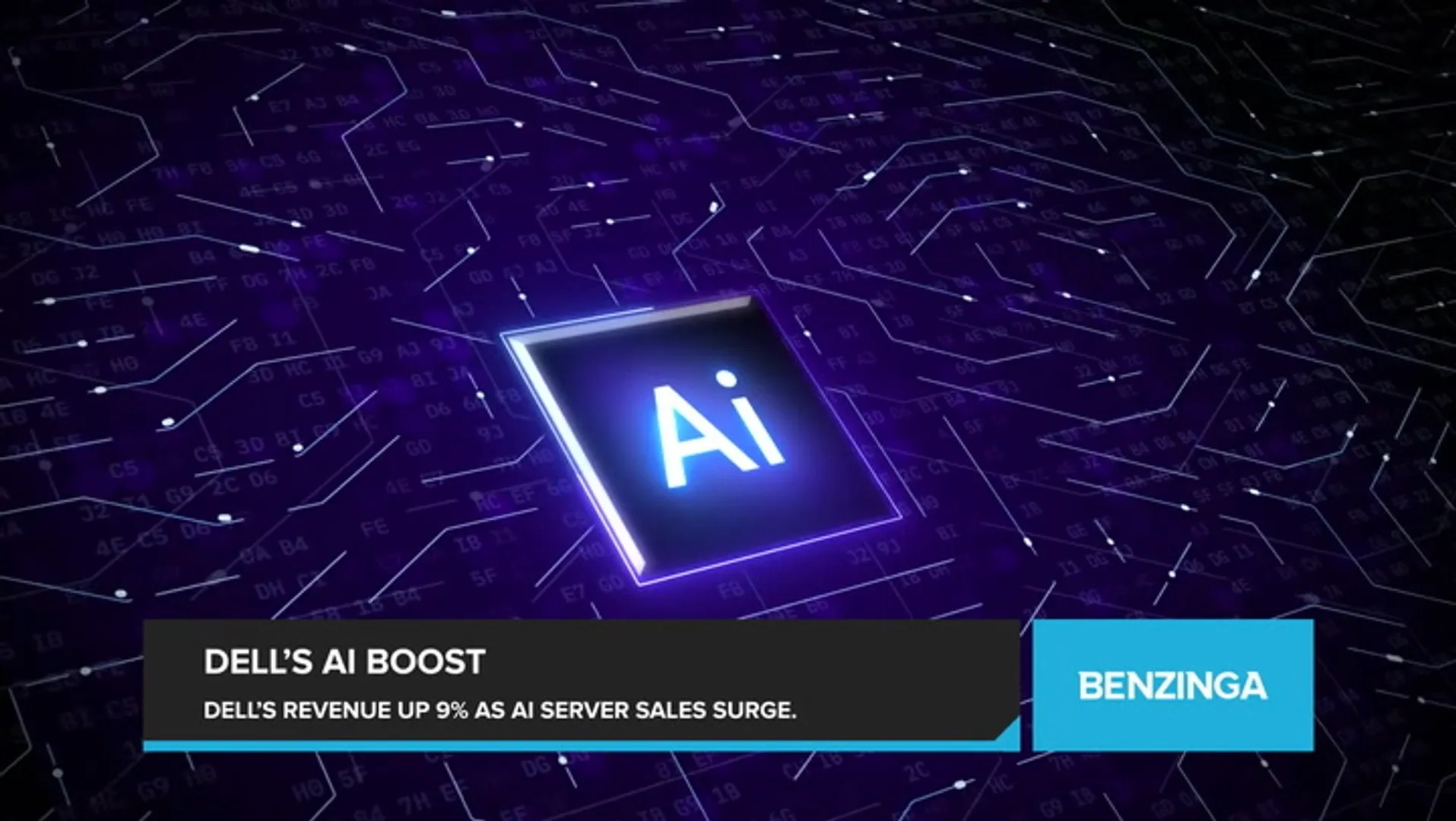The chip giant aims to supercharge its AI prowess by integrating Mipsology's expertise into its software development arsenal, enhancing inference capabilities across CPUs, GPUs, and adaptive chips.
This move underscores AMD's strategic push to rival Nvidia's AI supremacy, offering cutting-edge GPUs, CPUs, and adaptive computing solutions tailored for both inferencing and training tasks.
AMD has made a bold move in its quest to dominate the AI landscape by acquiring French startup Mipsology. This strategic maneuver aims to bolster AMD's AI inference software capabilities, positioning the chip giant for a head-to-head battle with industry titan Nvidia.
Mipsology Acquisition: A Strategic Boost for AMD’s AI Ambitions
The announcement, made by the Santa Clara-based company, highlights Mipsology's reputation as a top player in AI software and emphasizes its longstanding partnership with AMD. By joining forces, AMD aims to ramp up customer interactions and significantly enhance its AI software development capabilities, marking a significant milestone in its competitive journey.
Vamsi Boppana, senior vice president of AMD’s AI group, detailed how the Mipsology team will contribute to the development of AMD's complete AI software stack. Their involvement will expand AMD's open ecosystem of software tools, libraries, and models, facilitating seamless deployment of AI models on AMD hardware.
While AMD declined to disclose financial details or Mipsology's employee count, Mipsology's forte lies in crafting "plug-and-play" software that enhances AI inference speed sans the need for new tools or alterations to neural network models—a critical element for AI applications.
Their flagship software, Zebra, focuses on delivering top-tier speed on FPGAs (field programmable gate arrays), a capability AMD inherited through its acquisition of Xilinx.
Inference, a pivotal facet of AI, empowers applications to make predictions and generate responses based on trained models adept at recognizing patterns or objects.

Acquisition Encourages AMD's Ambitious AI Strategy
AMD's acquisition of Mipsology is a key move in its broader strategy to rival Nvidia's dominance in the AI computing arena. This initiative aligns with AMD Chair and CEO Lisa Su's vision of offering "leadership GPUs, CPUs, and adaptive computing solutions for AI inferencing and training.
" Since last year, AMD has been charting a comprehensive AI strategy, which Lisa Su describes as a "multibillion-dollar growth opportunity" across cloud, edge, and various intelligent endpoints.
-
In June, AMD unveiled its most significant challenge to Nvidia's powerful AI chips with the Instinct MI300 series, including the MI300X, which Su claims will deliver superior efficiency and cost savings for running Large Language Models compared to Nvidia’s H100 data center GPU.
-
AMD also sees substantial AI potential in FPGA-based products from its Xilinx acquisition, now termed adaptive computing chips. These chips are designed for diverse workloads ranging from small endpoints and edge computers to data centers.
To effectively compete with Nvidia, AMD needs to attract software developers to its hardware. This has led to the consolidation of its previously separate software development stacks for CPUs, GPUs, and adaptive chips into the AMD Unified AI Stack, aiming to provide a "cohesive AI training and inference interface.
" Mipsology, founded in 2015 by former Synopsys employees, is expected to play a crucial role in this integration. Known for their "plug-and-play" software that accelerates AI inference without requiring new tools or model changes, Mipsology's flagship software Zebra is optimized for FPGAs, a strength AMD gained through its Xilinx acquisition.
- "AI is our top strategic priority and a significant driver of incremental silicon demand over the coming decade," wrote Vamsi Boppana, senior vice president of AMD’s AI group. "By welcoming the skilled Mipsology team to AMD, we will continue to strengthen our software capabilities to enable customers worldwide to tap into the vast potential of pervasive AI."
















